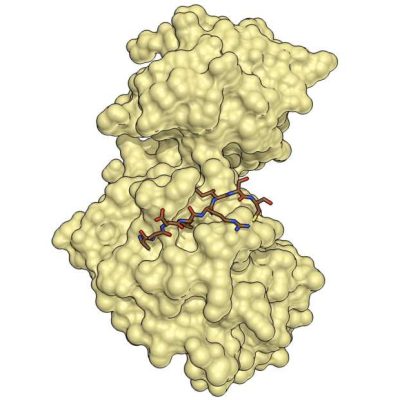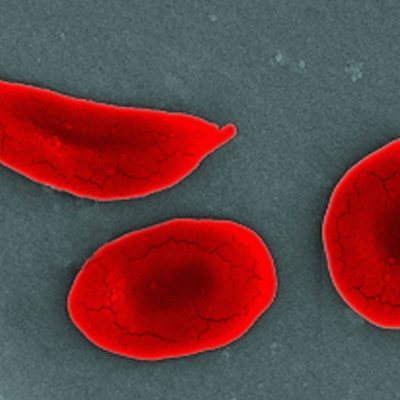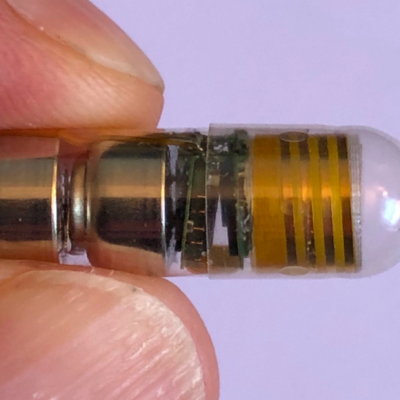A recent study has found that injuries to a specific network in the brain can lead to spontaneous remission of nicotine addiction. This discovery could potentially aid in the treatment of addiction in the future. Researchers in Finland analyzed brain scans of 129 patients who were nicotine-dependent and had suffered a head injury. About one-third of the patients experienced a sudden cessation of their addiction after the injury. The researchers identified a network in the brain, called the addiction remission network, which is likely to play a central role in combating addiction.
The addiction remission network is composed of the insular cortex and parts of the prefrontal and cingulate cortex. Previous research had suggested that these regions of the brain were responsible for addiction behavior, but it was unknown that changes in these regions could suddenly end nicotine addiction. The study’s results are particularly robust because anatomical evidence of the network was also discovered. In addition, the researchers found that injuries to the addiction remission network also reduced the risk of alcoholism in 186 other patients.
The discovery of the addiction remission network could potentially aid in the treatment of addiction through brain stimulation techniques. Studies have already shown that electromagnetic induction of mild currents can help smokers quit. By stimulating multiple regions simultaneously, these successes can likely be significantly improved. The findings of this study could have far-reaching implications for the treatment of addiction in the future.
In conclusion, the discovery of the addiction remission network in the brain could potentially revolutionize the treatment of addiction. By identifying the specific network responsible for spontaneous remission of nicotine addiction, researchers can now focus on developing targeted therapies that stimulate this network. The study’s results are particularly robust because anatomical evidence of the network was also discovered. The findings of this study could have far-reaching implications for the treatment of addiction in the future.










